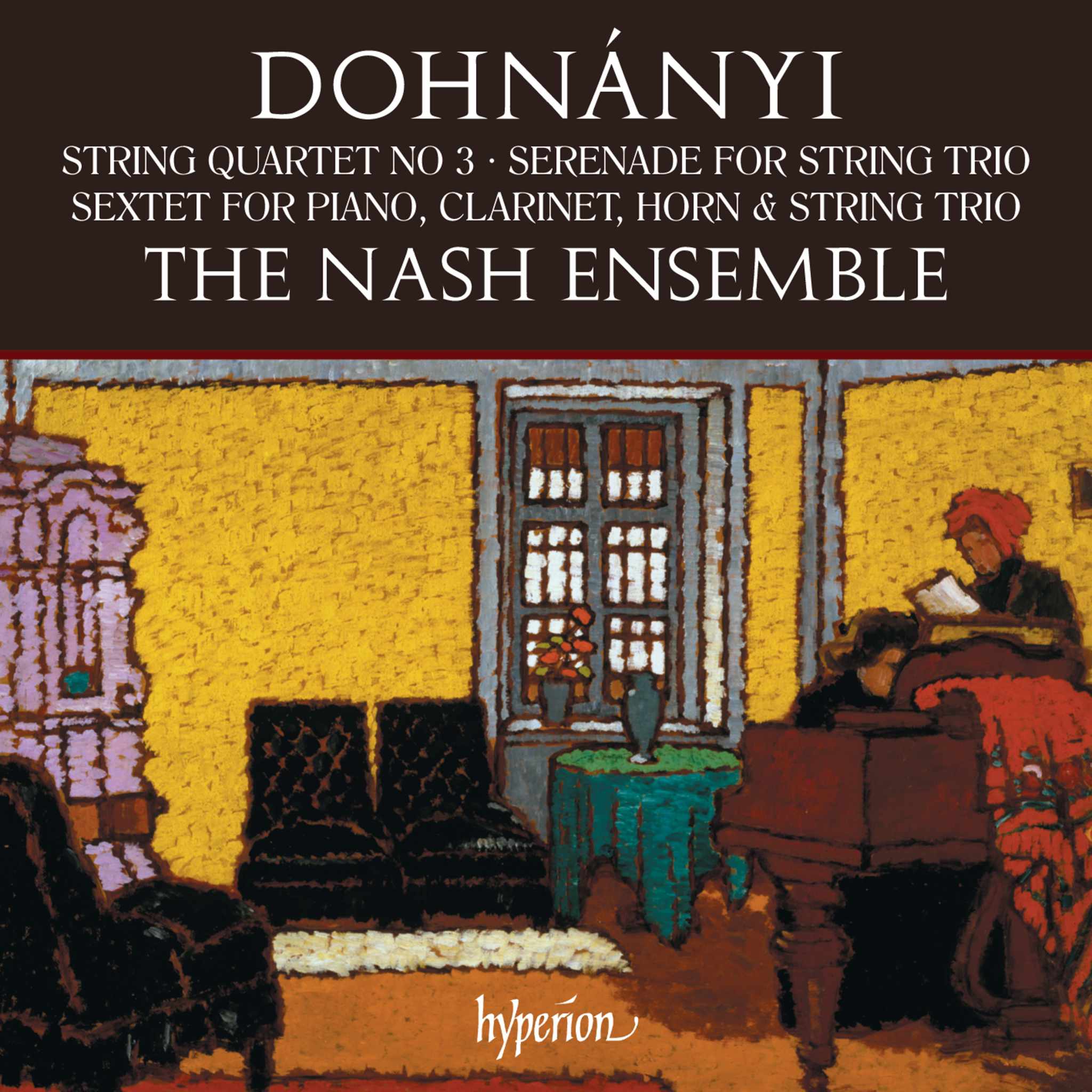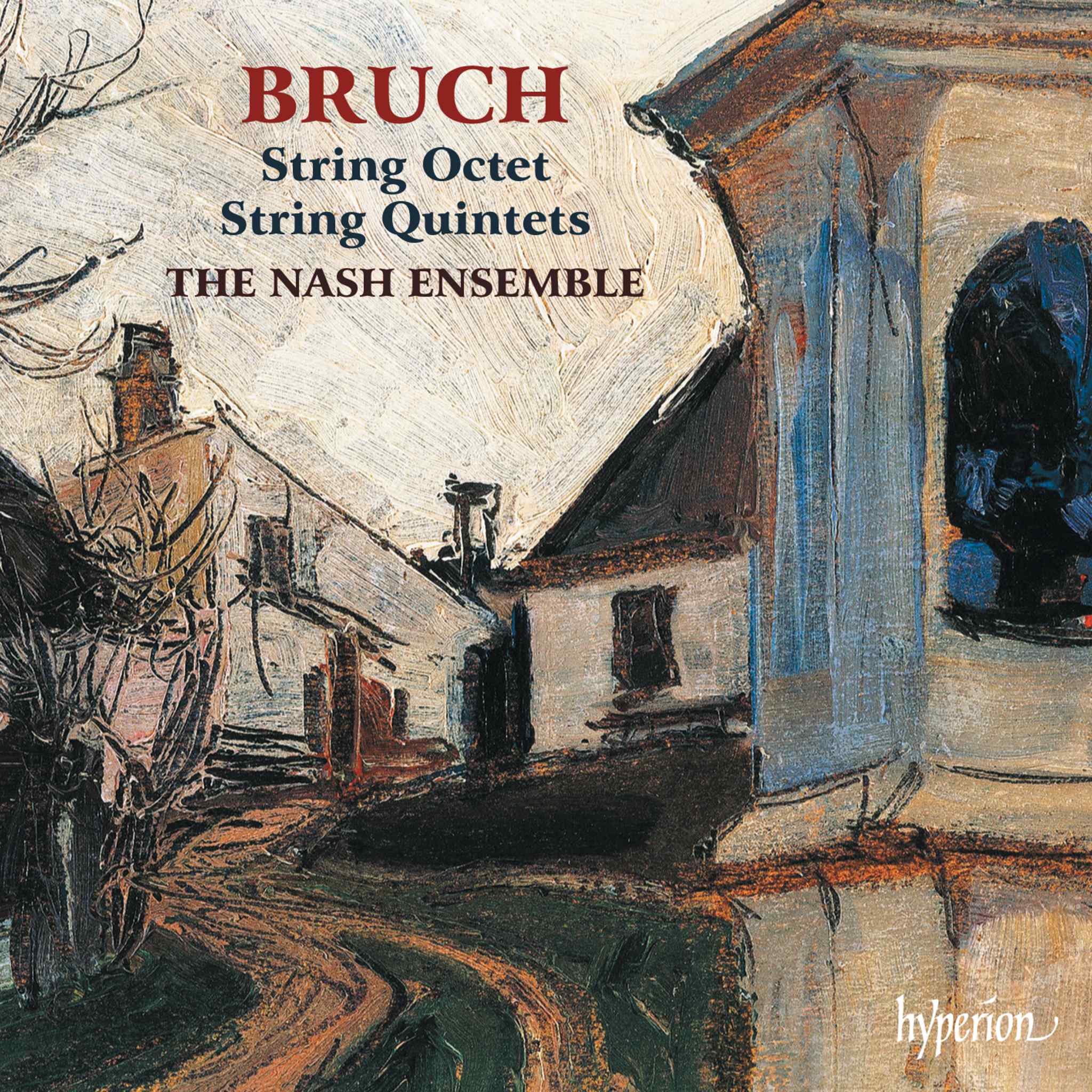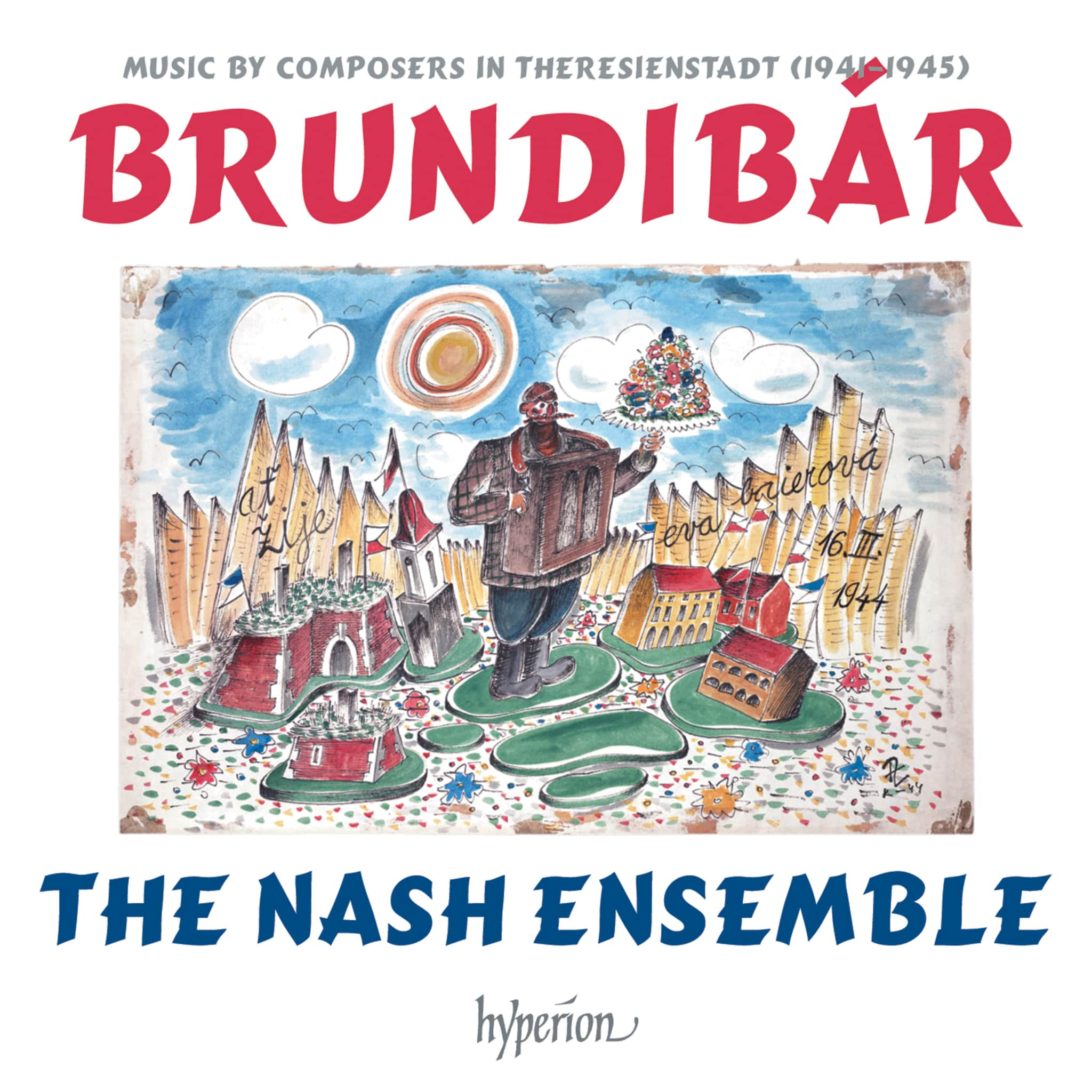Tchaikovsky's Sextet Although the string sextets by Tchaikovsky and Korngold were composed at different times, both are characterized by a distinctive tonal foundation. While Tchaikovsky wrote his "Souvenir de Florence" during a period of personal challenge and even had to revise the work after initial hesitation, Korngold composed his Sextet in D major during a time of professional success, when he had already made a name for himself in the operatic world. The premiere of Tchaikovsky's sextet proved disappointing and unsettled the composer, whereas Korngold had already achieved success with other compositions before presenting his sextet to the public.
In the first movement of Tchaikovsky's work, the Allegro con spirito impresses with its musical roundness, followed by a touching Adagio and a folk-like Allegretto moderato. The finale is distinguished by the artful shaping of the six voices and a sophisticated compositional density. Korngold's work begins with a warm D major theme, then shifts to B-flat major and leads through a dramatic development section. The Adagio shows clear echoes of Mahler, followed by a graceful F major intermezzo, before the piece concludes with a fiery, fanfare-like finale.
Although Tchaikovsky's "Souvenir de Florence" originates from a time of uncertainty and Korngold composed his sextet during his operatic success, both works impress with their musical depth and compositional complexity.
Although Tchaikovsky's "Souvenir de Florence" dates from a time of uncertainty and Korngold composed his sextet during his operatic success, both works are compelling in their musical depth and compositional complexity.











